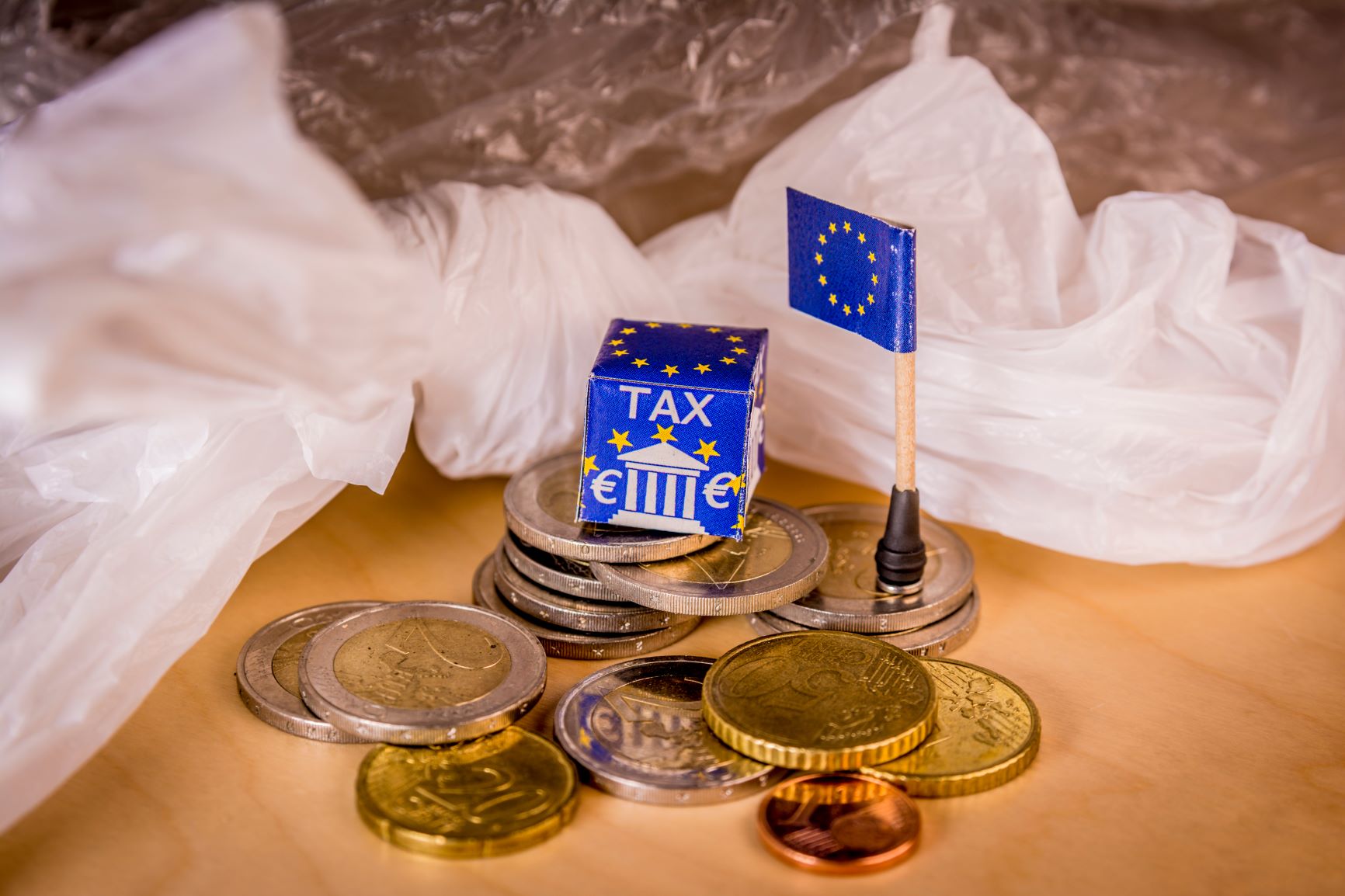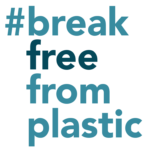Plastic crisis: taxes are vital to cut pollution, but EU plans fall short, new study finds

For immediate release: Brussels, 4/09/18
Plastic crisis: taxes are vital to cut pollution, but EU plans fall short, new study finds
Press Contacts:
Ariadna Rodrigo, Sustainable Products Campaigner, Zero Waste Europe
[email protected] / +32 489 677 686
SPOILER ALERT: a #PlasticTax can help cure our addiction to plastics – but only with the right incentives! Find out more???? #rethinkplastic #breakfreefromplastichttps://t.co/buT2u97TQn pic.twitter.com/3lxicUgCVd
— Zero Waste Europe (@zerowasteeurope) September 4, 2018
Taxing plastics can help lead to a responsible use of the material by triggering the necessary reduction of both production and consumption, a new report finds. However, a plastic tax will only work if designed to influence producer and consumer behaviour, rather than raising revenue.
The study “The price is right … or is it? The case for taxing plastic”, carried out by the New Economic Foundation for Zero Waste Europe and partners organisations from the Rethink Plastic alliance, reveals how the European Commission’s proposal to tax unrecycled plastic packaging will only incentivise Member States to increase recycling, without actually tackling the underlying problem of unsustainable production and consumption of plastic [1].
Speaking on behalf of Rethink Plastic, Ariadna Rodrigo, Sustainable Products Campaigner at Zero Waste Europe, said: “We cannot recycle our way out of plastic pollution. Given the scale and urgency of the problem, a set of economic incentives to cut the production of new plastic while promoting reuse and recycling is urgently needed to stop plastic pollution at source and accelerate the move towards a circular economy.”
The report also highlights how:
-
Environmental taxation and other economic incentives have a strong role to play in fighting plastic pollution and accelerating the transition to a circular economy.
-
While in the short term a new plastic tax could generate significant revenue, relying on this in the long term could lead to perverse consequences, such as political opposition to ambitious action to reduce the use of plastic.
-
While a single tax will not by itself trigger the breadth of responses needed from producers and consumers, a set of measures targeting different stages of the production and supply chain of plastics would be a key step towards the reduction of its use
-
In some cases, banning a certain use of plastics is more effective taxing it.
Ariadna Rodrigo continued: “Plastics have entered our food and water and are causing devastating impacts on our environment, yet the generation of plastic waste continues to escalate. Taxes are a key tool to help solve the plastic pollution problem.”
Rethink Plastic calls on the EU must broaden the scope of the proposed tax on non-recycled plastic packaging waste in the Multiannual Financial Framework, in order to ensure a focus on plastic prevention all along the supply chain.
***
NOTES:
[1] The report analyses five different types of plastic tax, their advantages and disadvantages. Whereas taxes on production are less likely to impact consumer behaviour, they are in theory easier to administer. On the other hand, taxes on consumption help to change both individual behaviour and shape the public debate, but may do little to change the production methods of the industry.
***

 Rethink Plastic is the alliance of leading European NGOs campaigning for a future free from plastic pollution. We represent thousands of active groups and supporters in every EU Member State, and are part of the global Break Free From Plastic movement, along with over 1000 NGOs and millions of citizens worldwide.
Rethink Plastic is the alliance of leading European NGOs campaigning for a future free from plastic pollution. We represent thousands of active groups and supporters in every EU Member State, and are part of the global Break Free From Plastic movement, along with over 1000 NGOs and millions of citizens worldwide.